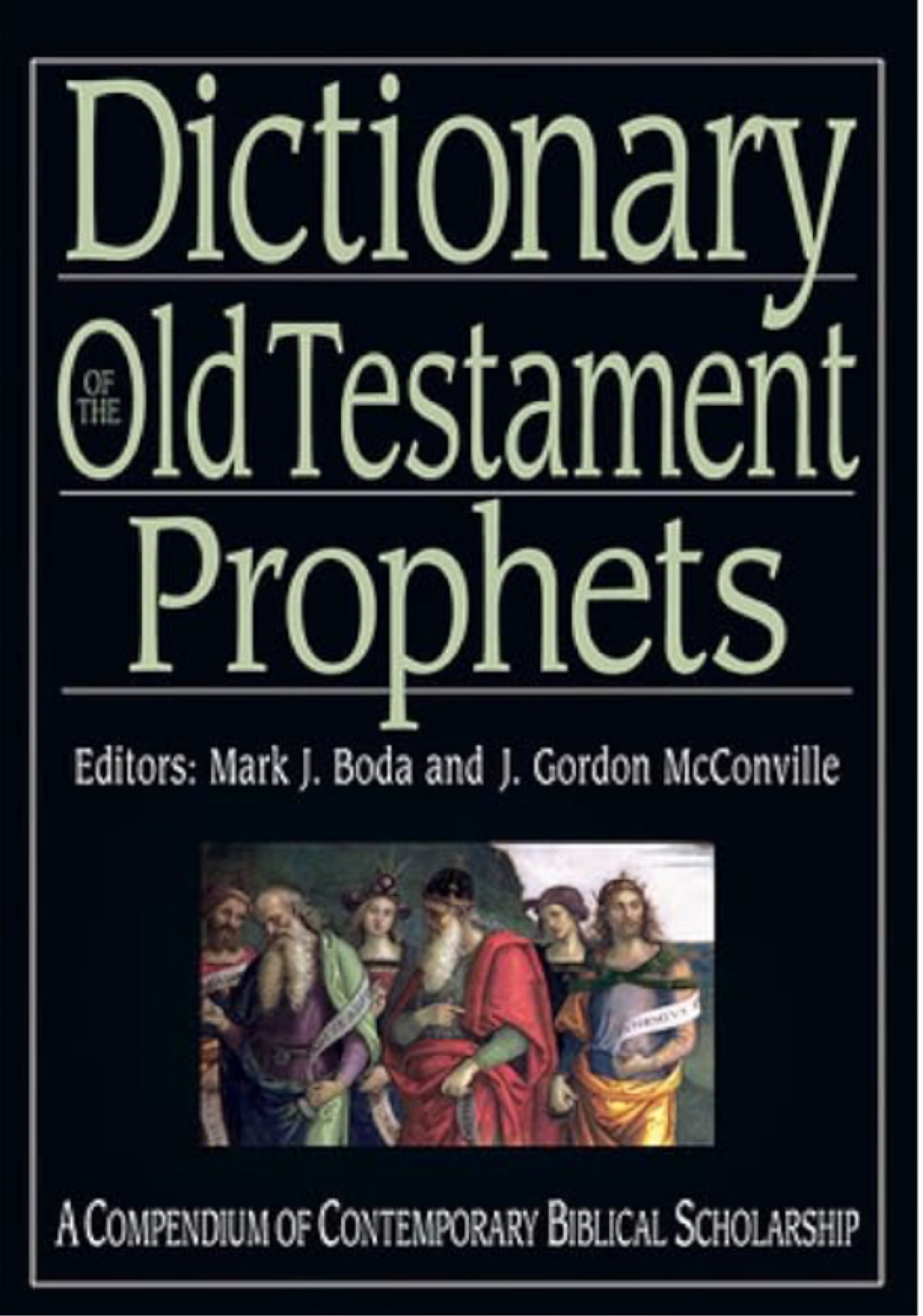DICTIONARY OF THE OLD TESTAMENT PROPHETS
Summary of “Dictionary of the Old Testament: Prophets”
The “Dictionary of the Old Testament: Prophets”, edited by Mark J. Boda and J. Gordon McConville, is a comprehensive scholarly reference that explores the prophetic books of the Old Testament (Isaiah, Jeremiah, Ezekiel, Daniel, and the Twelve Minor Prophets). It provides historical, literary, and theological insights into prophetic writings, offering a deeper understanding of their significance in Israelite history, theology, and biblical interpretation.
⸻
1. Purpose and Structure of the Dictionary
• This dictionary aims to bridge the gap between biblical scholarship and theological interpretation, providing detailed articles on prophetic books, themes, and methodologies.
• It is structured into alphabetical entries, covering topics such as:
• The historical and cultural background of prophecy
• Literary forms and rhetorical styles in prophetic writings
• Key prophetic figures (Isaiah, Jeremiah, Ezekiel, etc.)
• Theological concepts such as judgment, exile, and restoration
• Prophecy’s relationship with apocalyptic literature
• Includes cross-references, bibliographies, and discussions on critical methodologies.
⸻
2. Key Themes Covered in the Dictionary
a) Historical and Literary Background of Prophecy
• Discusses the historical setting of the prophetic books, including their relation to ancient Near Eastern cultures.
• Analyzes prophetic language, symbols, and poetic devices used in biblical texts.
• Explores how prophetic texts were transmitted, edited, and interpreted over time.
b) Major Prophetic Figures and Books
• Covers Isaiah, Jeremiah, Ezekiel, and Daniel, along with the Twelve Minor Prophets (Hosea to Malachi).
• Explores each book’s historical background, structure, themes, and theological significance.
• Discusses the role of prophets as mediators between God and Israel, their social justice messages, and visions of the future.
c) Theological and Ethical Themes
• Examines key theological ideas such as covenant, justice, judgment, hope, and messianic prophecy.
• Explores ethical teachings, including the prophets’ calls for repentance, social justice, and righteousness.
d) Influence of Prophecy on the New Testament and Christian Theology
• Discusses how prophecies were interpreted in early Christianity, especially in relation to Jesus as the fulfillment of messianic expectations.
• Examines connections between Old Testament prophecy and the Book of Revelation.
⸻
3. Importance of the Dictionary
• Provides historical, literary, and theological depth to the study of the Old Testament prophets.
• Offers insights into scholarly debates on biblical prophecy, allowing readers to engage with different perspectives.
• Ideal for scholars, students, pastors, and those interested in biblical prophecy and interpretation.
⸻
Conclusion
The “Dictionary of the Old Testament: Prophets” is a valuable academic resource that provides a detailed and well-researched exploration of prophetic books and their theological significance. It serves as an essential reference for those studying biblical prophecy, theology, and the development of religious thought in ancient Israel.
